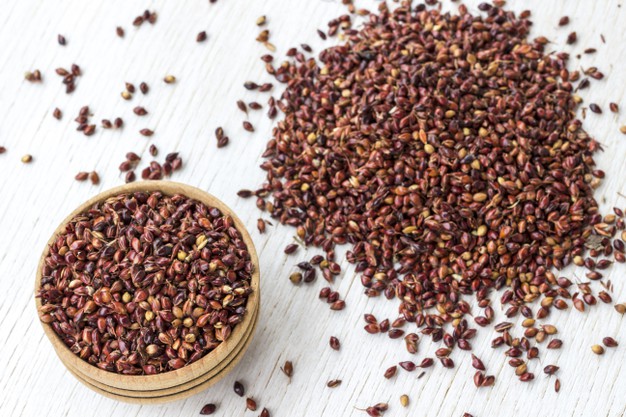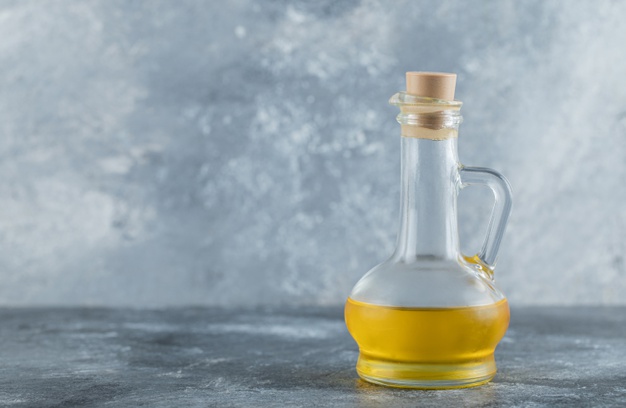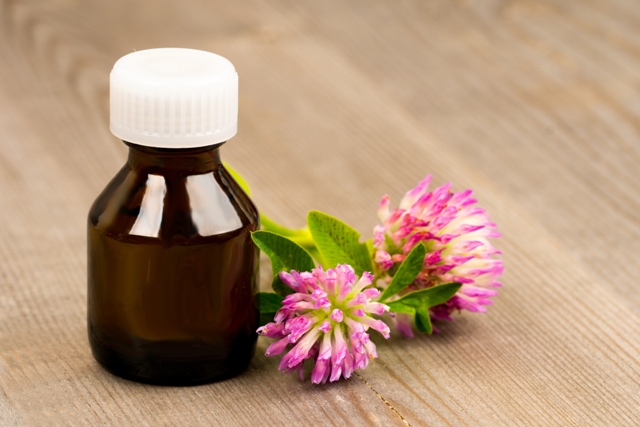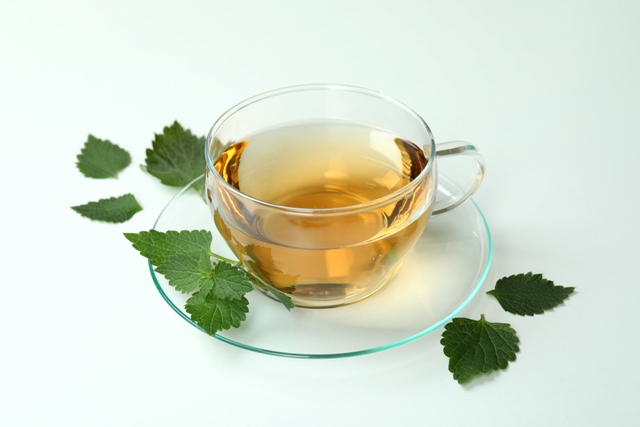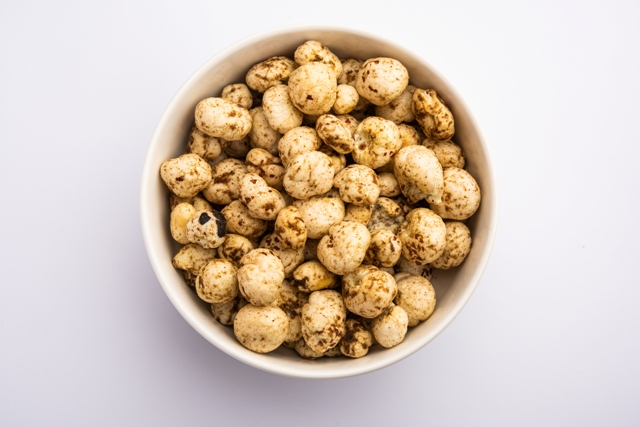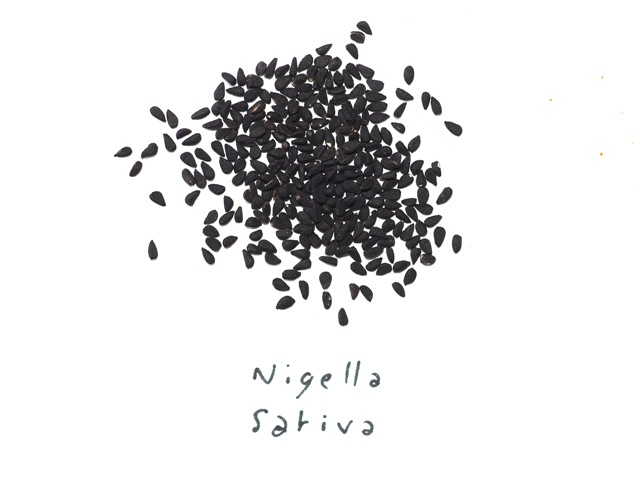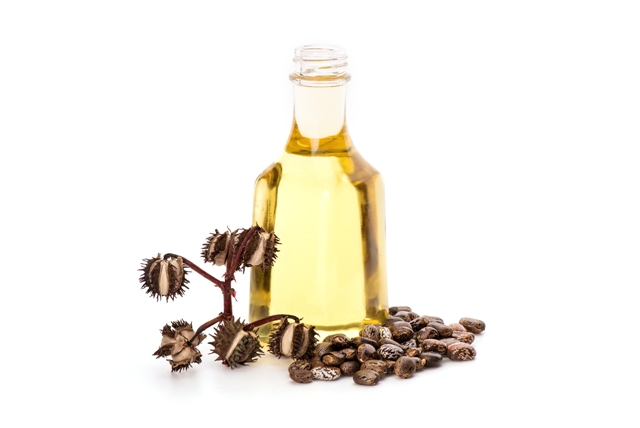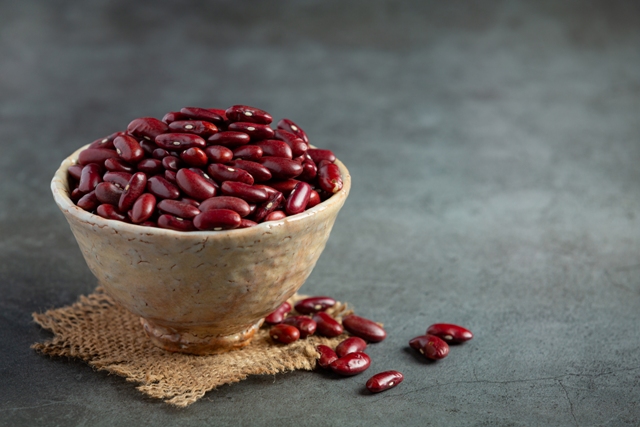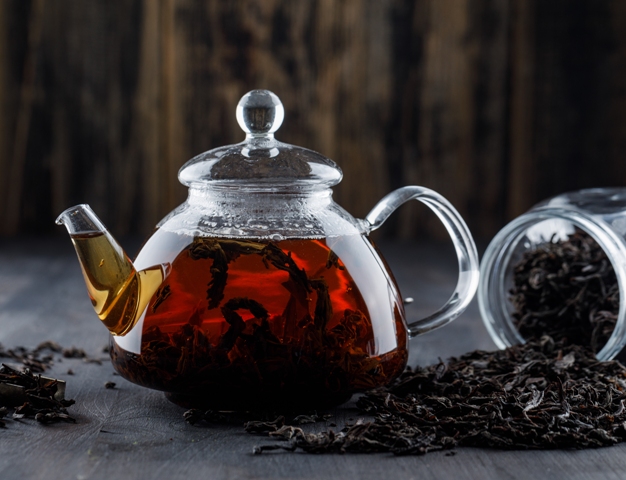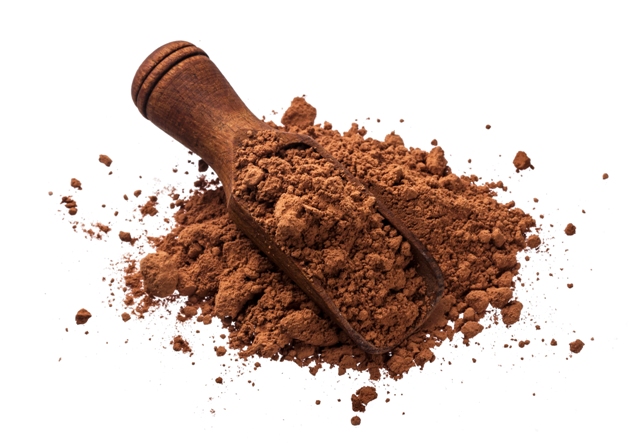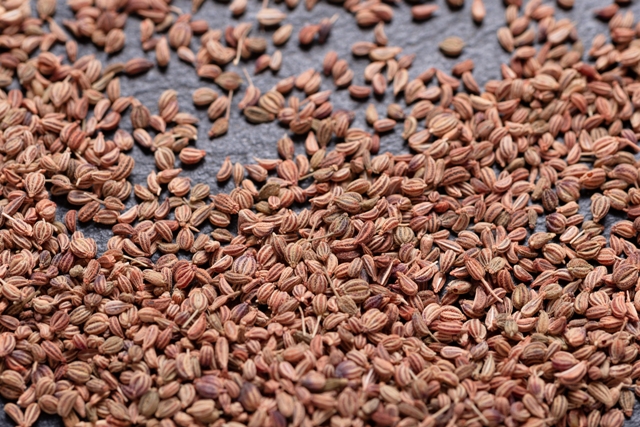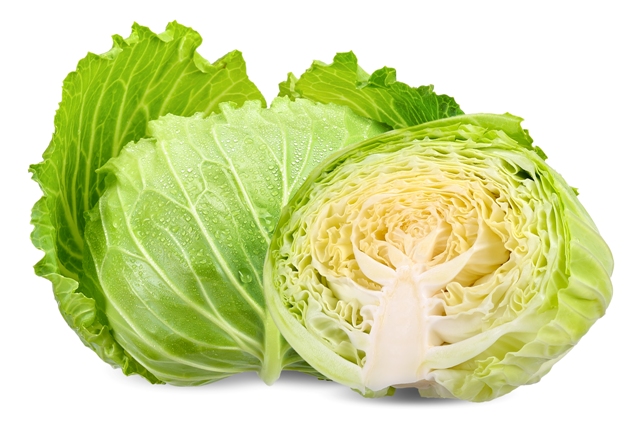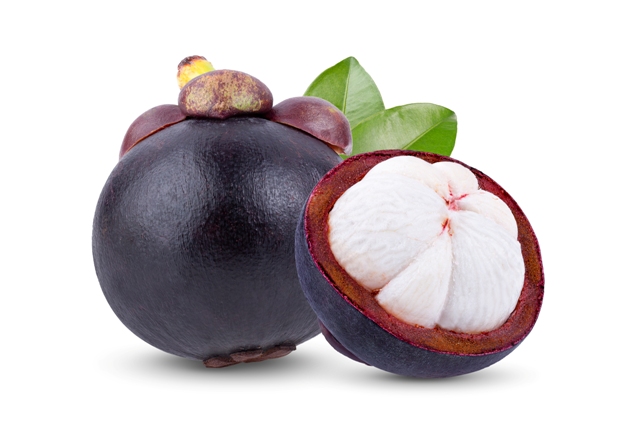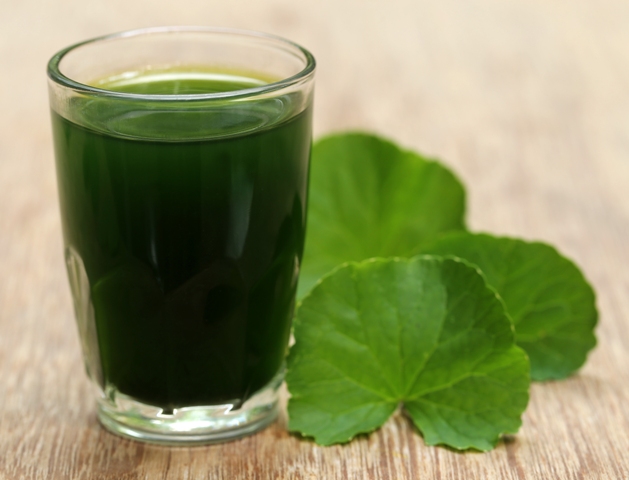Rose tea, some important information regarding rose tea, biological activity, health benefits and risk factors
Description : Rose tea is considered as one of the healthiest herbal teas and it has been traditionally used for
Article Details :
Rose tea is considered as one of the healthiest herbal teas and it has been traditionally used for various therapeutic purposes. It should not be confused with rosehip tea. It is mainly prepared by mixing dried rose petals with boiling water followed by straining
Important phytochemicals of Rose tea
- It is packed with various imperative phytochemicals
- Terpenes, flavonoids, glycosides, carboxylic acids and anthocyanins are considered as the main phytochemicals present in it, which exert several nutraceutical activities. Apart from these it also contains various simple as well as complex compounds that also offer numerous health benefits
- Whereas kaempferol, myrcene, tannins, quercetin and fatty oils are also present in the flower
- Gallic acid is another important phytochemical found in rose tea and accountable for exerting powerful antioxidant activity
Biological activity
Antioxidant activity
It is loaded with antioxidants that help in neutralizing free radicals in body as a result decreases oxidative stress
Anti-inflammatory activity
Its phytochemical components are accountable for exhibiting anti-inflammatory activities that help in preventing inflammation by decreasing the concentration of inflammatory markers in body

Anti-carcinogenic activity
- Consumption of rose tea significantly reduces the prevalence of cancers
- Its anti-mutagenic, cytotoxic and oxidative stress reducing capacity is considered as the main features accountable for exerting anti-carcinogenic activity
Antimicrobial activity
- It plays vital role in lowering the susceptibility of developing infectious diseases as it exerts potent antimicrobial activity that helps in preventing the growth and replication of microbial cells within host
- Tannins, flavonoids, carotenoids and phenolic acids components present in rose petals are accountable for exhibiting antimicrobial effects
- Rose petal, which is utilized for preparing rose tea helps to show an inhibitory effects against Escherichia coli, S. aureus, Micrococcus luteus, Klebsiella pneumonia, Bacillus subtilis, Proteus mirabilis, Pseudomonas aeruginosa
- It is very effective against yeast as well
Hypoglycemic activity
- It helps in decreasing blood sugar concentration hence reduces the prevalence of hyperglycemia
- It helps to inhibit the activity of alpha-glucosidase, a carbohydrate metabolizing enzyme, which helps to control diabetes
- It also helps to decrease the rate of glucose absorption from intestine as a result decreases postprandial blood glucose load
Hypolipidemic activity
- It plays significant role in reducing the total fat percentage of body
- It has seen that its pectin content is responsible for binding with cholesterol before it can be absorbed within the blood as a result significantly decreases blood cholesterol level
Health benefits
Role on immunity
- It is better to consume rose tea in order to strengthen the immune system
- Its micronutrients and phytonutrients components are considered as the main immune boosting components that help in promoting overall immunity of the body, which ultimately reduces the susceptibility of becoming ill
- Especially its Vitamin C component plays vital role in reducing the risk of developing infectious diseases as it helps to stimulate the synthesis of WBC in body, which is responsible for making the body able to fight against infections
Role on preventing menstrual complications
- It has been traditionally used in folk medicine for preventing menstrual cramp and all the credit goes to its anti-inflammatory activity
- It is very effective for preventing dysmenorrhea as well
- It is also associated with treating physical as well as emotional discomfort related with menstruation
- It has seen that girls who consume rose tea experience less pain and distress during menstruation
Role on digestive health
- Rose tea is considered as an important therapeutic substance for digestive health as its consumption significantly improves the functionality of overall digestive system
- It helps to stimulate bile production, which helps in fat digestion
- It is also associated with promoting the growth of microflora thus helps in improving gut health
- It exerts laxative activity too, which helps in improving bowel movement thus promotes regularity
- It is also very effective for reducing the prevalence of stomach issues




